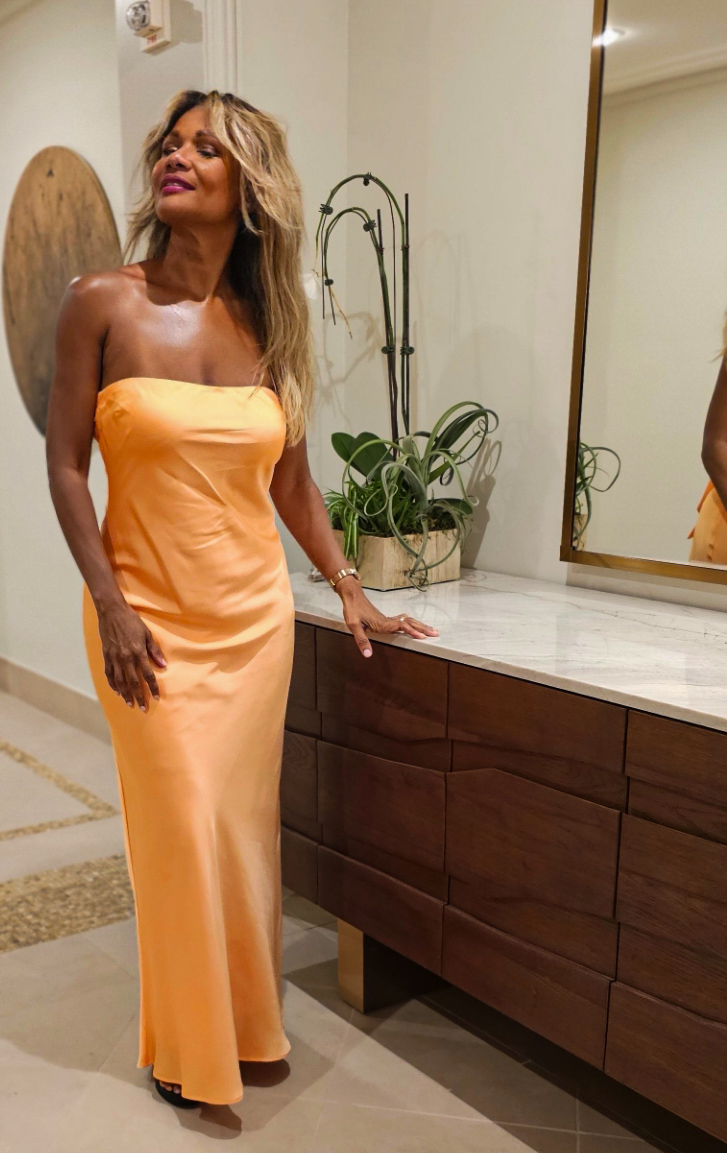Emotional fitness, to physical fitness, demands focus, effort, and commitment. It is vital for the well-being of romantic relationships, especially if your thinking about marriage. Just as couples invest in their physical health through exercise and proper nutrition, they should also prioritize emotional well-being to nurture a flourishing partnership. This blog dives into the significance of emotional fitness in relationship and provides valuable tips for enhancing emotional health for both individuals.

Understanding Emotional Fitness
Emotional fitness is the capacity to understand and manage your emotions while effectively addressing the emotional needs of both yourself and others. It includes elements like self-awareness, emotional regulation, empathy, and resilience. In a relationship, emotional fitness plays a crucial role in how partners communicate, resolve conflicts, support each other, and foster intimacy. In any relationship, your emotional fitness is key to navigating the inevitable disagreements that arise from individual differences. While it takes two to engage in a partnership, the journey often starts with personal initiative. This is because we can only control our own responses and actions. Just as you can pursue physical fitness, you can also take proactive steps to enhance your emotional well-being within your relationship.
In this article, I will highlight some RED FLAGS to identify if a man is emotionally healthy. These signs are based on his lifestyle, his relationships with others, and how he treats himself.
He has a steady & soothing energy.
Being able to Emotionally self-regulation comes with time, experience, and wisdom.
For many men, emotional introspection poses a significant challenge due to various cultural and gender norms. However, it is possible for a man to confront and fully engage with his emotions. When men shy away from understanding their deepest feelings, they risk becoming prisoners to their emotions and unresolved issues, which can manifest as a lurking monster within.
A man who reacts impulsively instead of responding thoughtfully is driven by instinct rather than taking the time to reflect on his inner struggles. This behavior serves as a warning sign, indicating deeper issues that need to be addressed.
His words and actions align perfectly.
We have examined Emotional Fitness, and it is equally crucial to understand the characteristics and sensations associated with Emotional Weakness or immaturity.
Emotional vulnerability in a young boy, who is still growing into manhood, often manifests as a constant craving for approval and validation from those around him. His sense of self is fragile and largely reliant on external acknowledgment, which underscores his reluctance to engage in the emotional work needed for personal development. This reliance resembles that of a child looking for comfort from a caring figure, often stemming from a lack of a supportive father figure. It’s important to recognize this behavior, especially in the early phases of a relationship when people tend to present their best selves. Men often share thoughts they believe will be appreciated, primarily to meet their own desires. A more considerate method is suggested, encouraging a slower rhythm that nurtures genuine relationships, where logic plays a key role in handling emotional interactions.
He can handle challenges without feeling threatened.
Being challenged and feeling threatened are two very different experiences. It requires emotional strength for a man to recognize and grasp this distinction.
People who appreciate personal growth and self-reflection embrace challenges. They see these moments as chances to solve problems, improve their thinking, and achieve more than they believed they could to navigate their circumstances. They prioritize innovation rather than simply following established beliefs.
He desires to make you feel safe and seen.
Emotional Fitness inherently involves the concept of emotional safety, which is crucial in any intimate relationship. In such connections, individuals share their true selves, and emotional safety allows for vulnerability without fear of judgment, fostering a profound bond. This fitness encompasses acceptance and love, creating an environment rich in curiosity and trust, where the future remains uncertain yet free from apprehension. For a relationship to thrive, both partners must cultivate their own emotional stability; chaos within one person can disrupt the harmony of the partnership. Each individual contributes their essence, both strengths and weaknesses. He seeks to truly see and understand you, not to change you, but to celebrate your uniqueness and support your growth. He desires to witness your authentic self, inviting you both to explore deeper connections, especially in the intimacy of the night.
He wants to prioritize your needs most of the time, though not always. Strong relationships aren’t just about exchanging favors; they’re about selflessly giving to one another.
True partnership emerges when both individuals prioritize the relationship over their previous self-centered habits that may have benefited them during their single days. This shift does not mean sacrificing one’s identity; rather, it involves transforming less mature aspects of ourselves into a shared purpose. Healthy relationships require a commitment to compromise and sacrifice, where both partners contribute emotionally, mentally, physically, spiritually, and sexually, while also seeking to reciprocate that energy. If a man is focused on preserving his single lifestyle, it’s important to respect his choice and leave.







